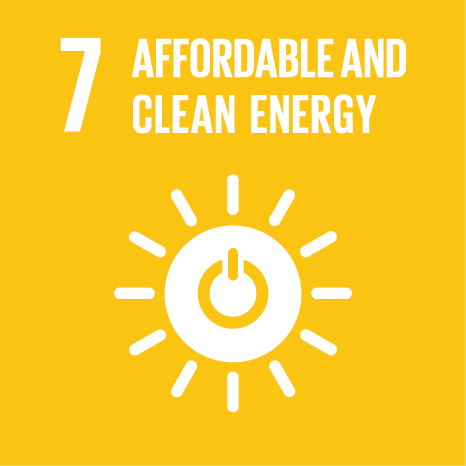Ciência_Iscte
Publications
Publication Detailed Description
Reuse of unoccupied religious monuments for tourist accommodation: the case of Santa Maria da Ínsua (North of Portugal)
Book Title
Placemaking and Cultural Landscapes
Year (definitive publication)
2023
Language
English
Country
Singapore
More Information
Web of Science®
This publication is not indexed in Web of Science®
Scopus
This publication is not indexed in Scopus
Google Scholar
This publication is not indexed in Google Scholar
This publication is not indexed in Overton
Abstract
This paper discusses the reuse of cultural heritage for tourist accommodation, a trend in Portuguese policies around tourism andculture. The convent (and fortress) of Santa Maria de Ínsua, in Caminha, south of the Minho river and close to the Spanish border, isa unique religious heritage site, due to its location on an islet and its diachronic evolution. After the dissolution of the religiousorders in 1834, its abandonment and degradation led to the inclusion of this complex in a national programme aimed at conversioninto a hotel. Starting from an international literature review, this case is evaluated through an integrated analysis, combininghistorical, architectural, and tourism data. The result shows the negative impact the programme has had for the protection of thesite and the development of tourism without benefit for society. If sustainable tourism and conservation of cultural heritage are tobe achieved, this will require an integrated framework for local and national government strategies for economic benefit throughtourism and the occupation of abandoned buildings.
Acknowledgements
--
Keywords
Rehabilitation of religious monuments,Tourism,Conservation of cultural heritage,Santa Maria da Ínsua,Portugal,Sustainability
Contributions to the Sustainable Development Goals of the United Nations
With the objective to increase the research activity directed towards the achievement of the United Nations 2030 Sustainable Development Goals, the possibility of associating scientific publications with the Sustainable Development Goals is now available in Ciência_Iscte. These are the Sustainable Development Goals identified by the author(s) for this publication. For more detailed information on the Sustainable Development Goals, click here.

 Português
Português




